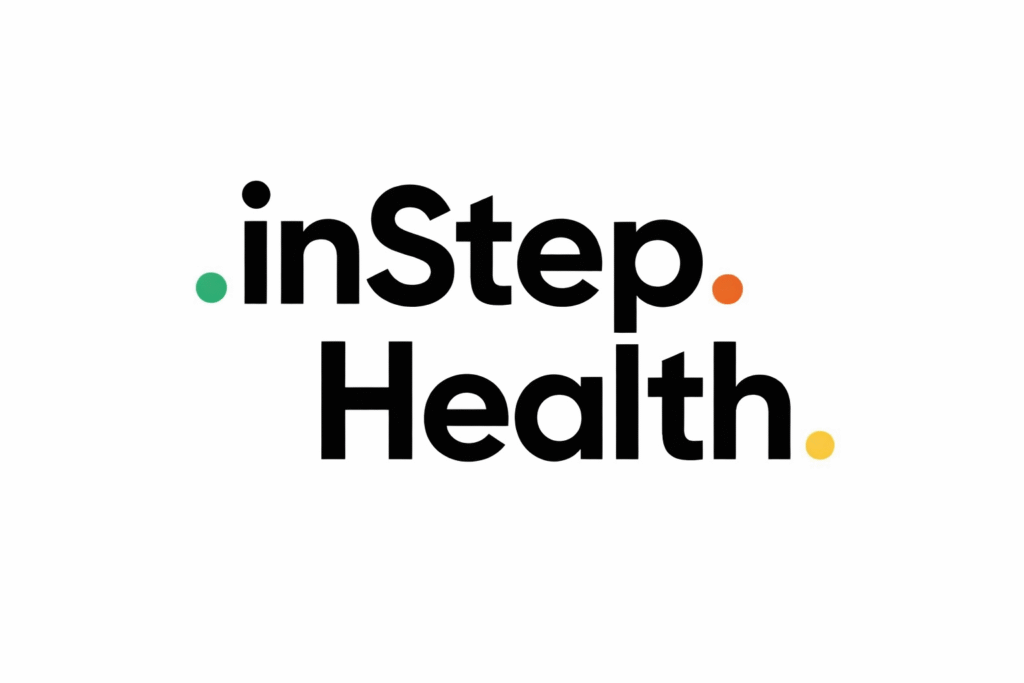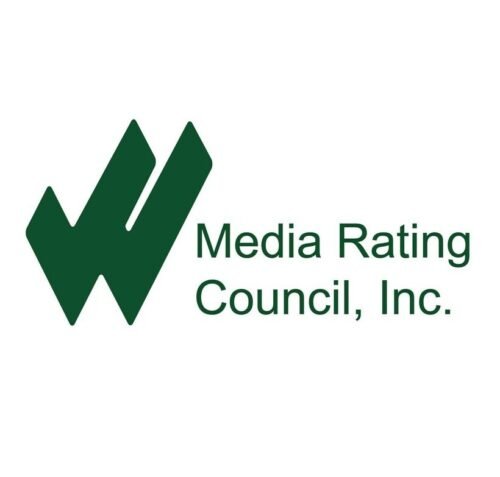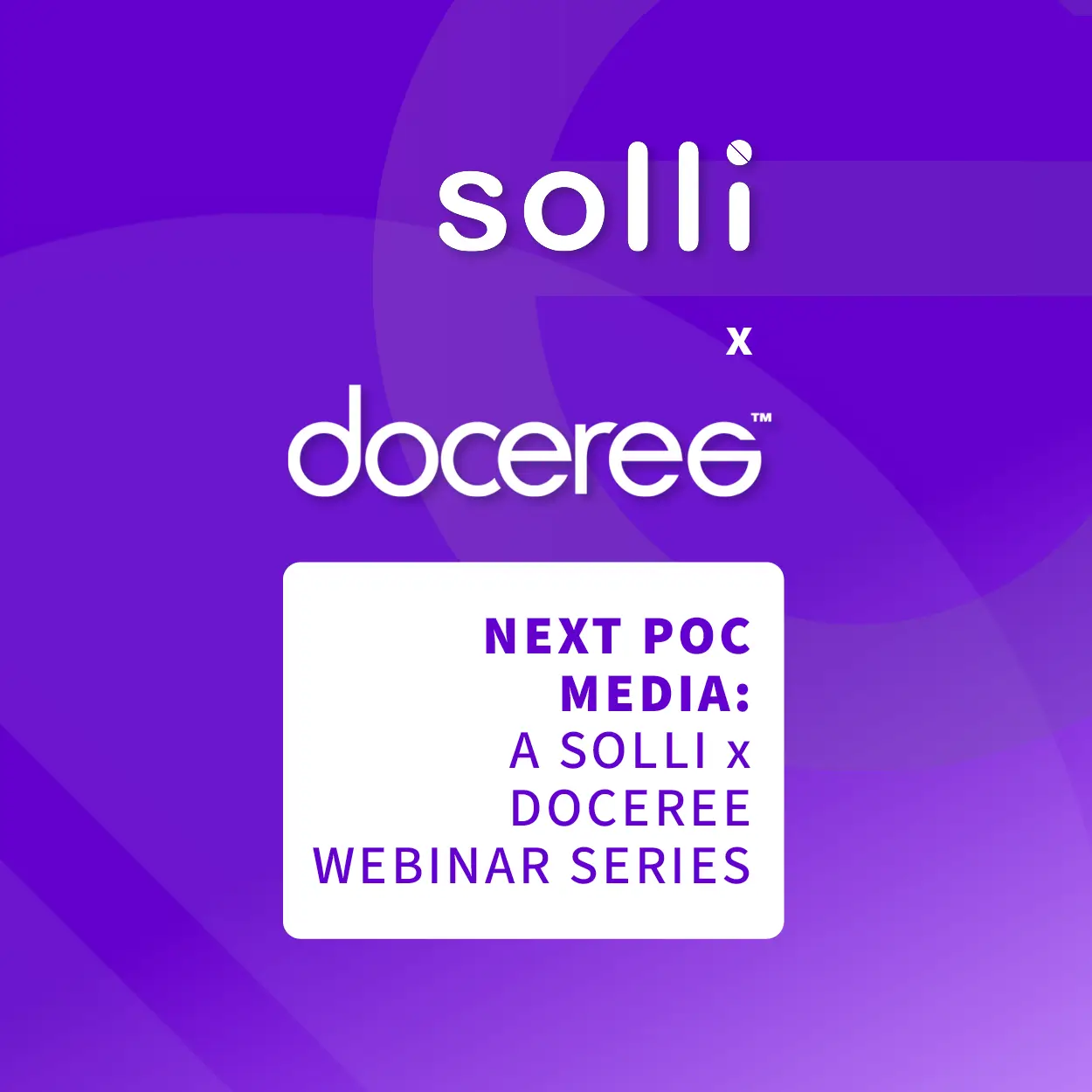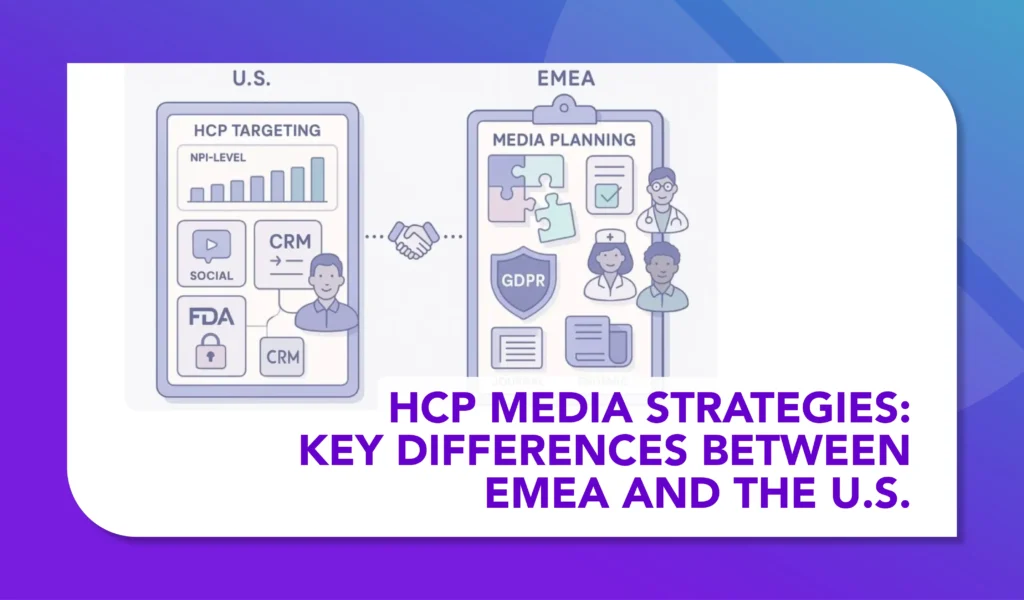Minnesota Delays Enforcement of Social Media Law
Explore the implications for pharma media.

Minnesota has postponed the enforcement of its Prohibiting Social Media Manipulation Act, following legal challenges from NetChoice, a trade group representing major platforms including Google, Meta, and Snap. The law, passed last year, requires social media companies to disclose how their recommendation algorithms operate and place limits on engagement practices.
NetChoice argues that the disclosure requirements violate First Amendment rights, positioning algorithms as both editorial decisions and proprietary trade secrets. Court filings indicate enforcement will be on hold until at least 2026 while the case proceeds.
Why this matters for pharma media
Pharmaceutical marketers rely heavily on social platforms to engage healthcare professionals (HCPs), patients, and caregivers. Any legislation that reshapes how algorithms operate – or forces transparency into how content is ranked and recommended – could influence how campaigns are targeted, measured, and optimized.
- Impact on targeting and visibility
If algorithms are forced into greater transparency or modified under regulation, pharma advertisers may face changes in how disease awareness, unbranded campaigns, or educational content are surfaced. - Compliance and oversight
Pharma media teams already operate within strict MLR (medical-legal-regulatory) frameworks. Additional state-level rules on algorithm disclosure could create new layers of compliance complexity, particularly if social platforms adopt different practices market by market. - Trust and accountability
For an industry where credibility is central, algorithm transparency could alter how brands demonstrate accountability in digital campaigns. At the same time, disclosure may raise new risks if proprietary algorithms expose sensitive engagement patterns that are currently unseen.
The broader trend
The Minnesota case is part of a wider national conversation around the regulation of recommendation engines. While this case hinges on First Amendment challenges, the outcome could influence whether other states move forward with similar legislation. For pharma media, that raises strategic questions: how to plan for campaigns in environments where the mechanics of algorithmic ranking may be subject to state law and public disclosure.
solli’s Final Thoughts
Pharma media teams increasingly depend on the predictability and efficiency of social algorithms to reach audiences. Minnesota’s delayed law is a reminder that this foundation is not guaranteed. While the courts decide whether algorithms should be treated as speech, trade secrets, or regulated utilities, marketers must prepare for an environment where platform mechanics may be more transparent – but also more fragmented.
Questions for pharma media:
- How could algorithm disclosure alter the targeting of condition-specific content?
- Would greater transparency improve trust in pharma campaigns – or create new compliance risks?
- How should marketers prepare if states adopt differing regulatory frameworks around algorithm use?



